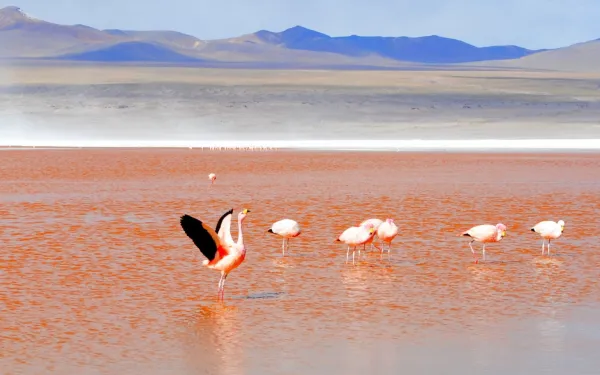
Justice for Andean Wetlands and Indigenous Peoples in Climate Action
Statement by the Alliance for Andean Wetlands ahead of the 30th UN Climate Change Conference.
Read more
Statement by the Alliance for Andean Wetlands ahead of the 30th UN Climate Change Conference.
Read more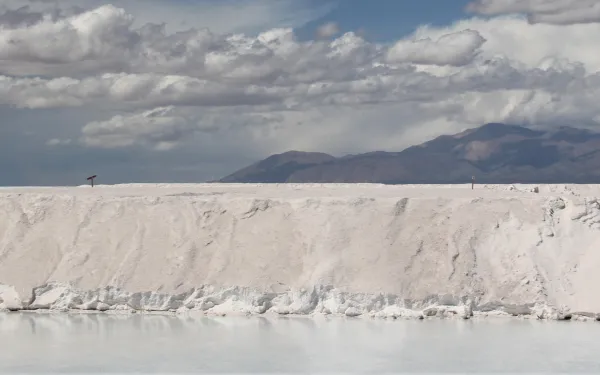
The Alliance for Andean Wetlands calls on the European Union to adopt measures for a paradigm shift towards Raw Materials Policies that do not perpetuate inequalities and harm people and ecosystems.
Read more
Sujatha Jesudason, Ph.D., teaches design and strategic management at Parsons School of Design at The New School in New York City. She has 15 years of experience in executive leadership in social justice organizations. She researches and teaches leadership, facilitation, and systemic change in organizations, movements, and philanthropy. She recently founded Marigold Lab, where she and her students offer free or low-cost strategic design and organizational consulting services to social justice nonprofits as part of their contribution to resistance.
Read more
One powerful way to turn lived experience into scientific evidence is through community science. We believe in the power of science to advance environmental justice.
Read more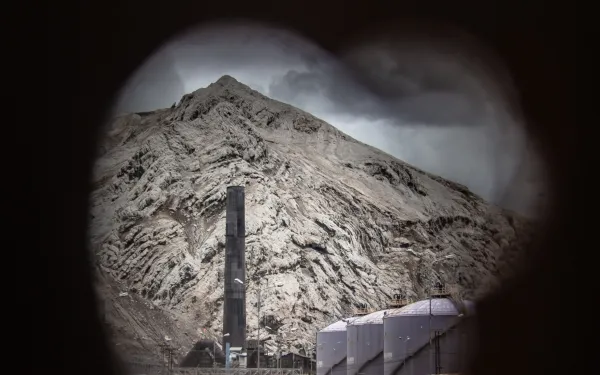
At AIDA, science is a central part of our work, supporting and complementing the strategic litigation we pursue to protect a healthy environment in Latin America.
Read more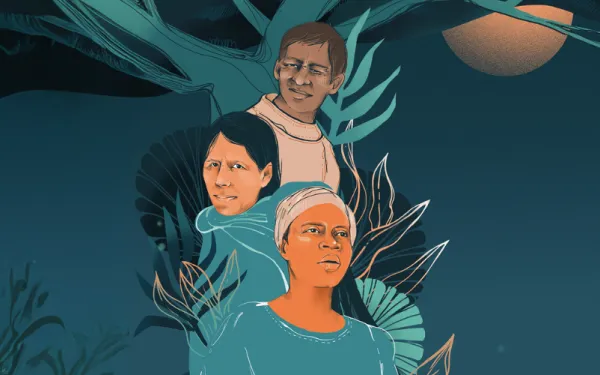
Whether you are a lawyer, organizer, community leader, or policymaker—this toolkit can help you to turn legal standards into real protection and accountability.
Read more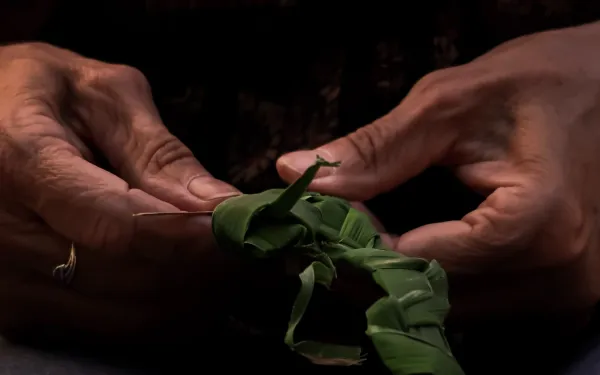
This publication provides an in-depth analysis of the Advisory Opinion’s key contributions, its legal and practical implications, and the gaps and opportunities this landmark decision presents.
Read more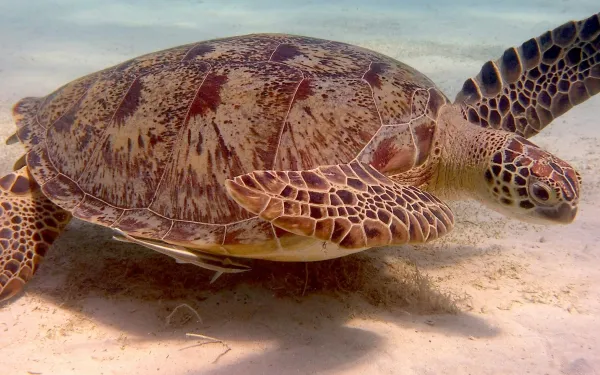
The High Seas Treaty will come into force very soon. At AIDA, we have been working for years to ensure that Latin America's needs are part of the agreement.
Read more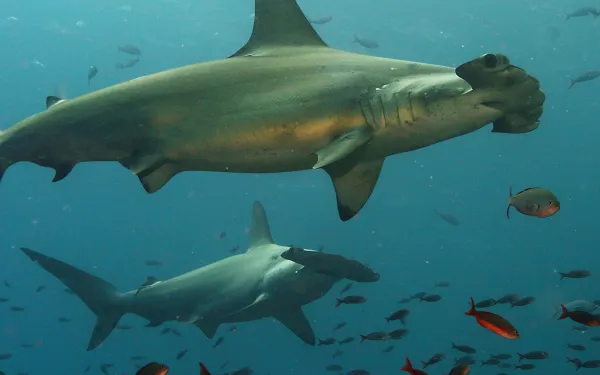
We will continue to work for the effective implementation of this instrument that seeks to protect our future.
Read more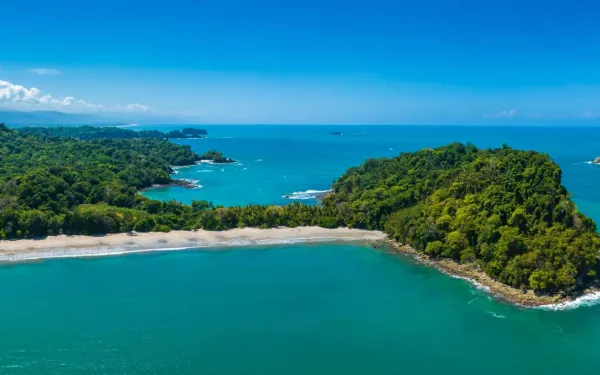
Assessing this link and translating it into concrete and effective measures is essential to protecting and maintaining the balance between both life systems.
Read more